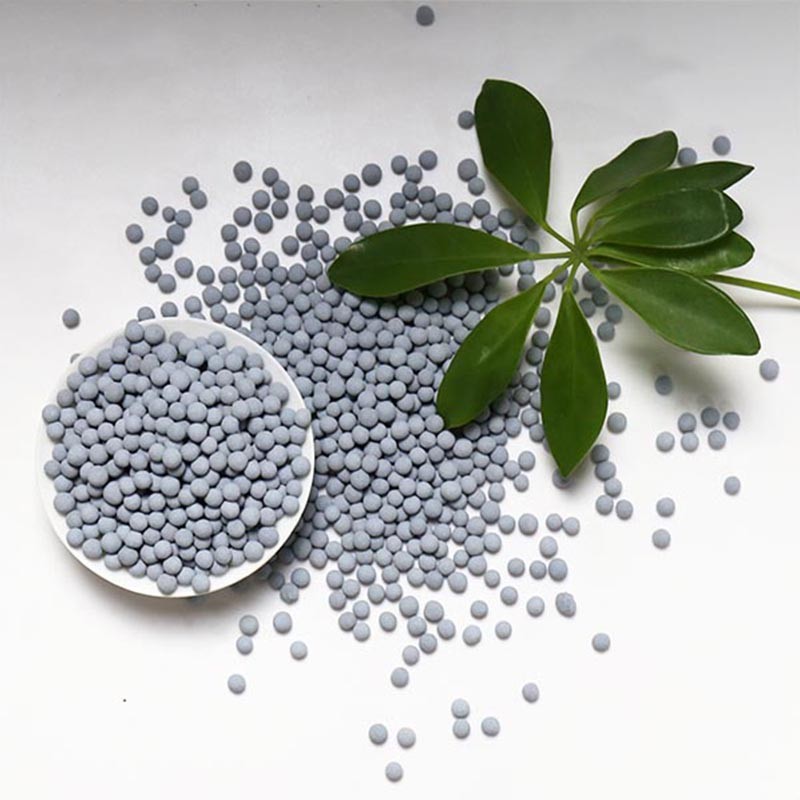Description
High quality apricot shell activated carbon water treatment, peach shell, walnut shell, husk as raw materials such as jujube shell, activated carbon carbonization, activation, superheated steam catalytic refining process, the appearance of black amorphous particles, the series production and processing technology into an activated carbon. With abrasion resistance, developed porosity, adsorption high-performance, high strength, easy regeneration, economic and durable, etc., are now widely used in domestic, industrial, liquid adsorption, activated carbon water treatment, air purification activated carbon. Especially suitable for power plants, petrochemical, refinery, textile printing and dyeing, food and beverage, pharmaceutical active carbon, electronic high water, drinking water, industrial water reuse and other industries. More effective adsorption of free chlorine, phenol, sulfur, oil, colloid, pesticide residues and other organic contaminants, chlorine, dechlorination half the value, and the organic solvent recycling.
appliation
This product is used for circulating cooling water and heating and sterilizing alga oilfield
sewage system, cleaning, sterilization and swimming pool, hospital, hotel and so on are the
ideal disinfectant .

Water Purification :: Washington State Department of Health
Let the water cool before drinking. Add two drops of household bleach per gallon to maintain water quality while in storage. Purifying by adding liquid chlorine
Types of Chlorine Used in Water Treatment – Pure Water
The most common use of chlorine in water treatment is to disinfect water. As a disinfectant, it has drawbacks, but it also has advantages. Other methods of
Description of the Process - Chlorinated Drinking-Water
One of the first reported uses of chlorination for the disinfection of water supplies was in 1897, when bleach solution was used to disinfect a water main in
Water chlorination - Wikipedia
As a halogen, chlorine is a highly efficient disinfectant, and is added to public water supplies to kill disease-causing pathogens, such as bacteria, viruses, and protozoans, that commonly grow in water supply reservoirs, on the walls of water mains and in storage tanks
Drinking Water Chlorination: A Review of Disinfection
Almost all U.S. systems that disinfect their water use some type of chlorine-based process, either alone or in combination with other disinfectants. In addition to
Emergency Disinfection of Drinking Water | Ground Water and
Sep 7, 2017 - Disinfect water using household bleach, if you can't boil water. Only use regular, unscented chlorine bleach products that are suitable for
Chlorination of Drinking Water - Water Research Center
Chlorination is effective against many pathogenic bacteria, but at normal dosage rates it does not kill all viruses, cysts, or worms. When combined with filtration,
Chlorination | Water Purification | Chlorine - WaterProfessionals
Chlorination involves adding a measured amount of chlorine to water to produce a residual sufficient to kill bacteria, viruses, and cysts. The killing effect of chlorine
What is Chlorination? — Safe Drinking Water Foundation
Jan 23, 2017 - Microorganisms can be found in raw water from rivers, lakes and groundwater. ... Along with other water treatment processes such as coagulation, sedimentation, and filtration, chlorination creates water that is safe for public consumption. Chlorination is one of many methods that can be used to disinfect water
